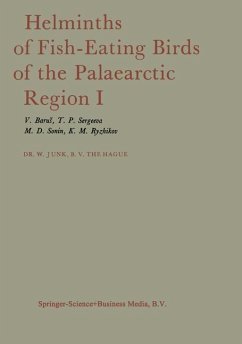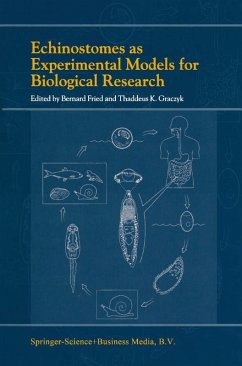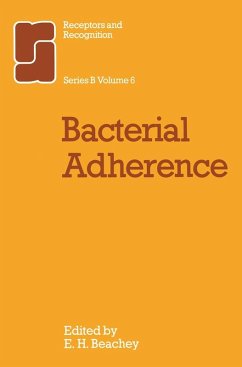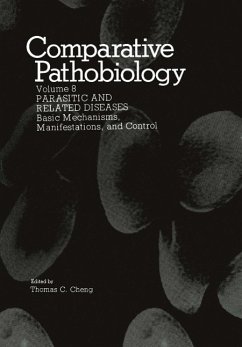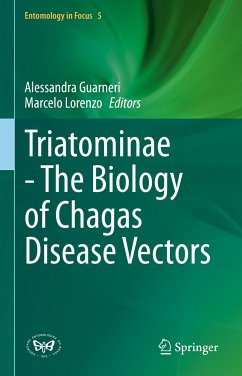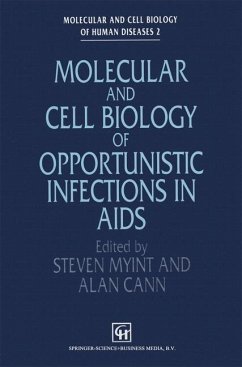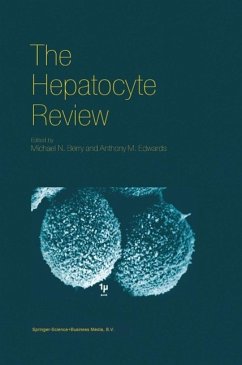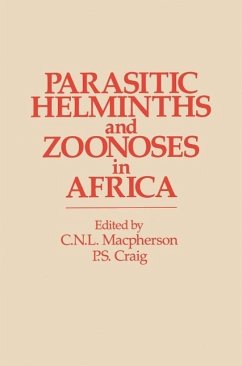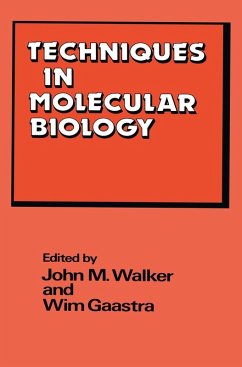
The Molecular Biology of Insect Disease Vectors (eBook, PDF)
A Methods Manual
Redaktion: Crampton, J. M.; Louis, C.; Beard, C. B.
Versandkostenfrei!
Sofort per Download lieferbar
160,95 €
inkl. MwSt.
Weitere Ausgaben:

PAYBACK Punkte
80 °P sammeln!
Only one generation ago, entomology was a proudly isolated discipline. In Comstock Hall, the building of the Department of Entomology at Cornell University where I was first introduced to experimental science in the laboratory of Tom Eisner, those of us interested in the chemistry of life felt like interlopers. In the 35 years that have elapsed since then, all of biology has changed, and entomology with it. Arrogant molecular biologists and resentful classical biologists might think that what has happened is a hostile take-over of biology by molecular biology. But they are wrong. More and more...
Only one generation ago, entomology was a proudly isolated discipline. In Comstock Hall, the building of the Department of Entomology at Cornell University where I was first introduced to experimental science in the laboratory of Tom Eisner, those of us interested in the chemistry of life felt like interlopers. In the 35 years that have elapsed since then, all of biology has changed, and entomology with it. Arrogant molecular biologists and resentful classical biologists might think that what has happened is a hostile take-over of biology by molecular biology. But they are wrong. More and more we now understand that the events were happier and much more exciting, amounting to a new synthesis. Molecular Biology, which was initially focused on the simplest of organisms, bacteria and viruses, broke out of its confines after the initial fundamental questions were answered - the structure of DNA, the genetic code, the nature of regulatory genes - and, importantly, as its methods became more and more generally applicable. The recombinant DNA revo lution of the 1970s, the development of techniques for sequencing macromolecules, the polymerase chain reaction, new molecular methods of genetic analysis, all brought molecular biology face to face with the infinite complexity and the exuber ant diversity of life. Molecular biology itself stopped being an isolated diScipline, pre occupied with the universal laws of life, and became an approach to addressing fas cinating specific problems from every field of biology.
Dieser Download kann aus rechtlichen Gründen nur mit Rechnungsadresse in A, B, BG, CY, CZ, D, DK, EW, E, FIN, F, GR, HR, H, IRL, I, LT, L, LR, M, NL, PL, P, R, S, SLO, SK ausgeliefert werden.



